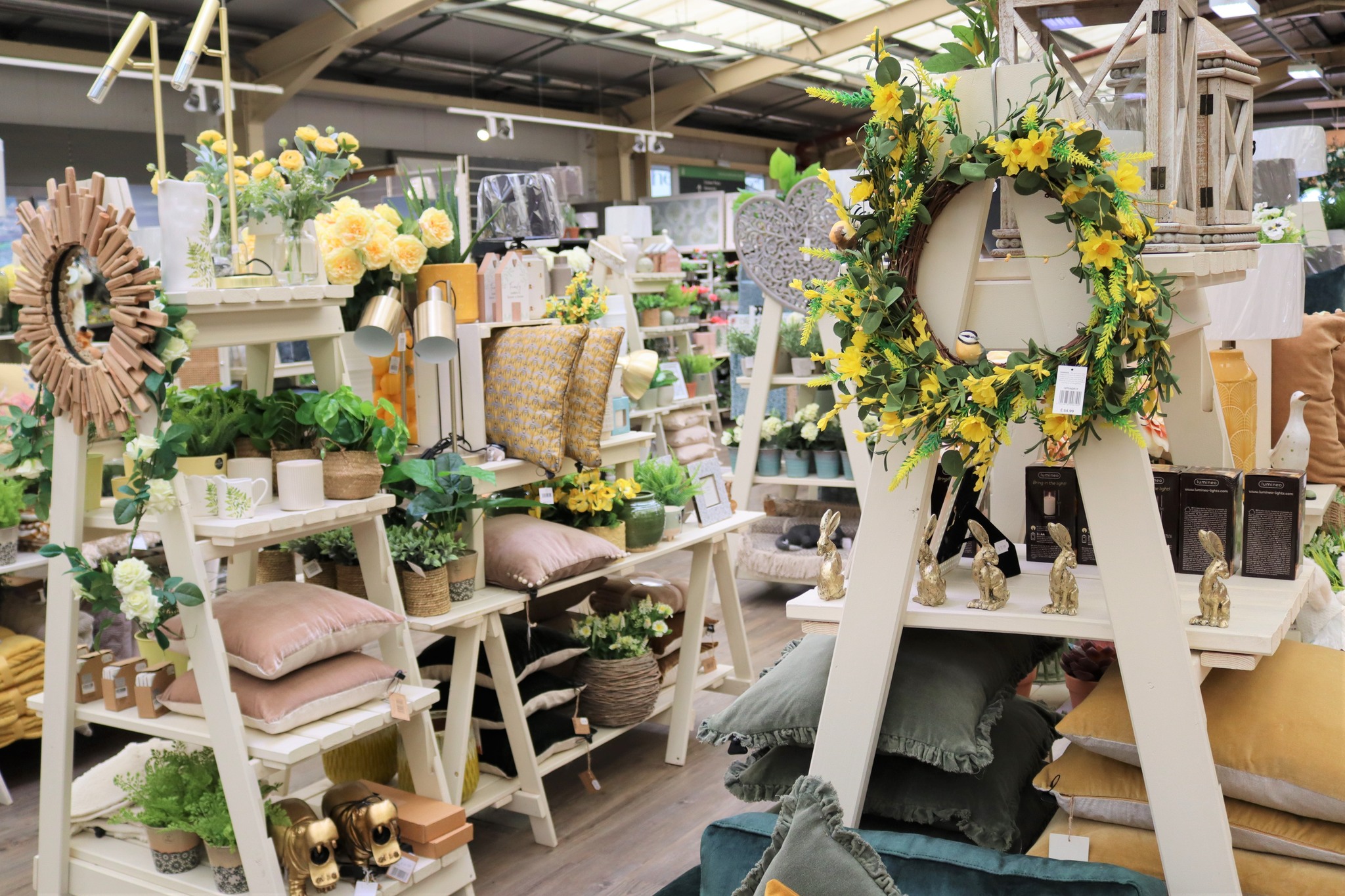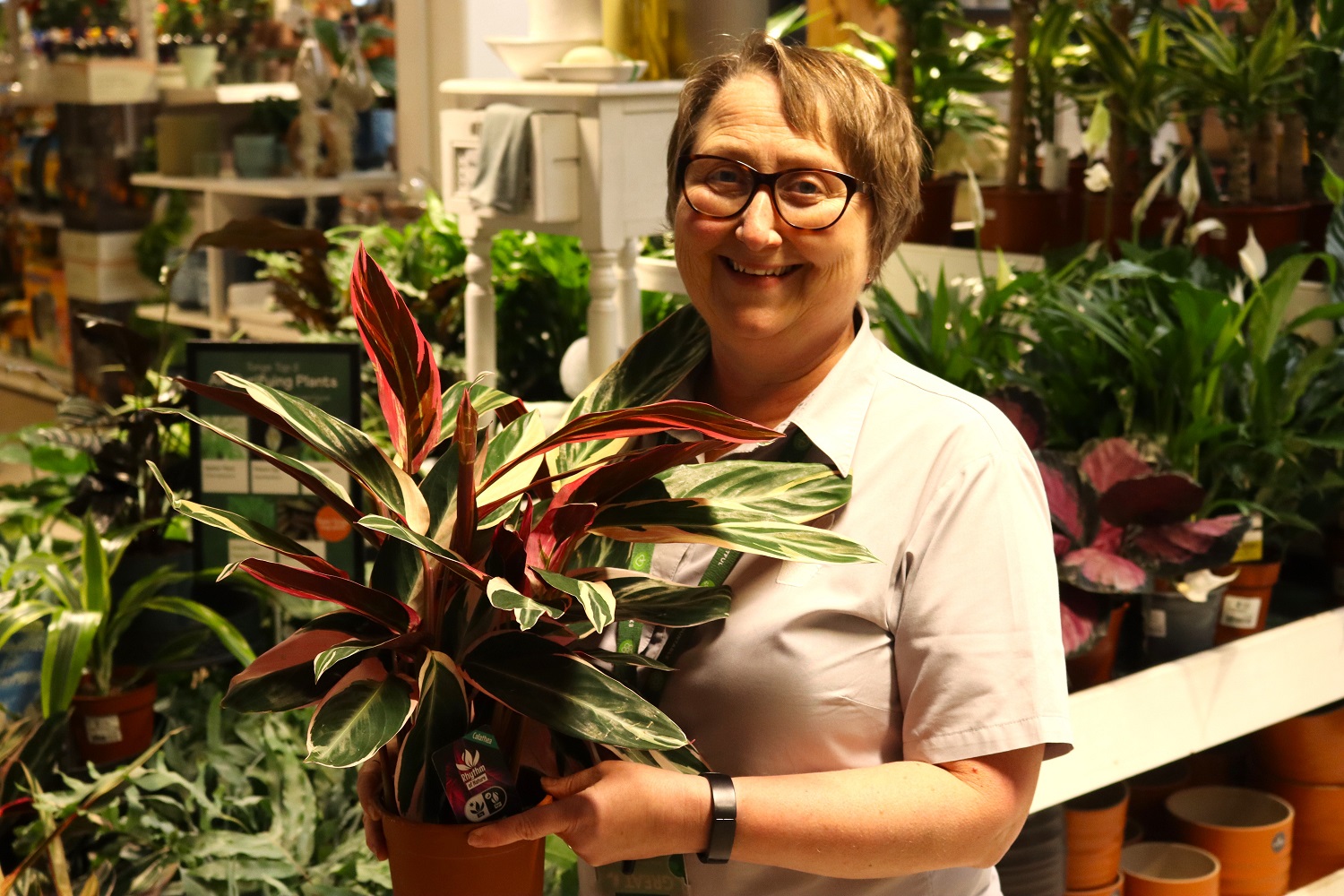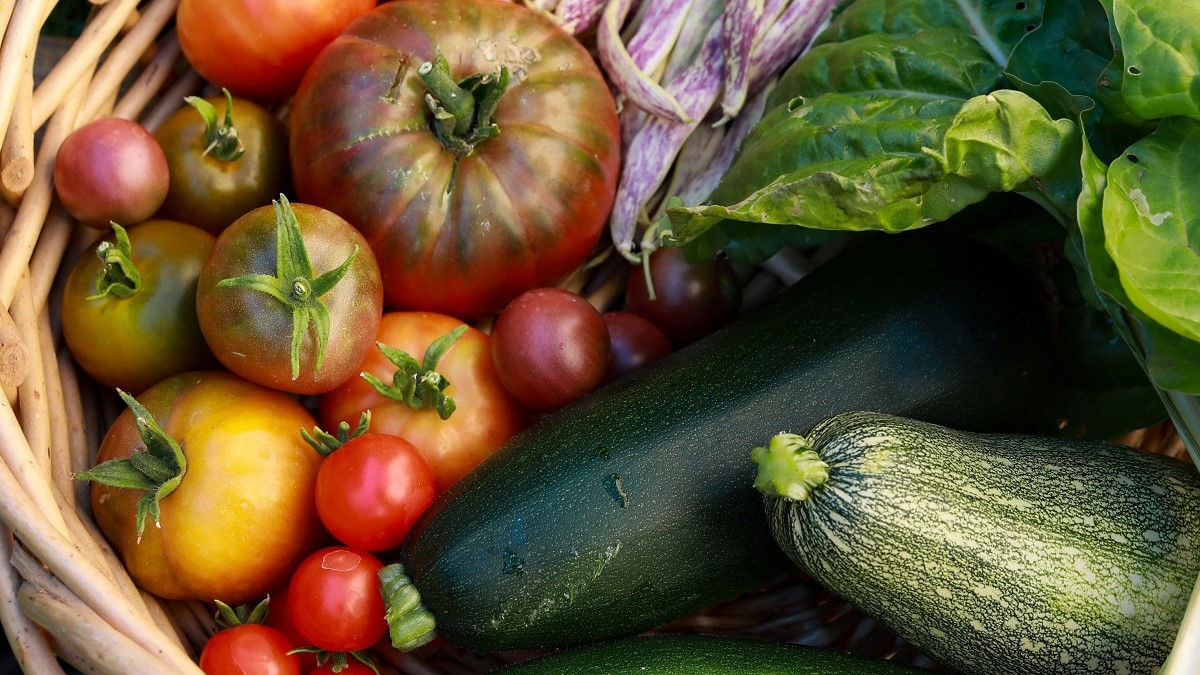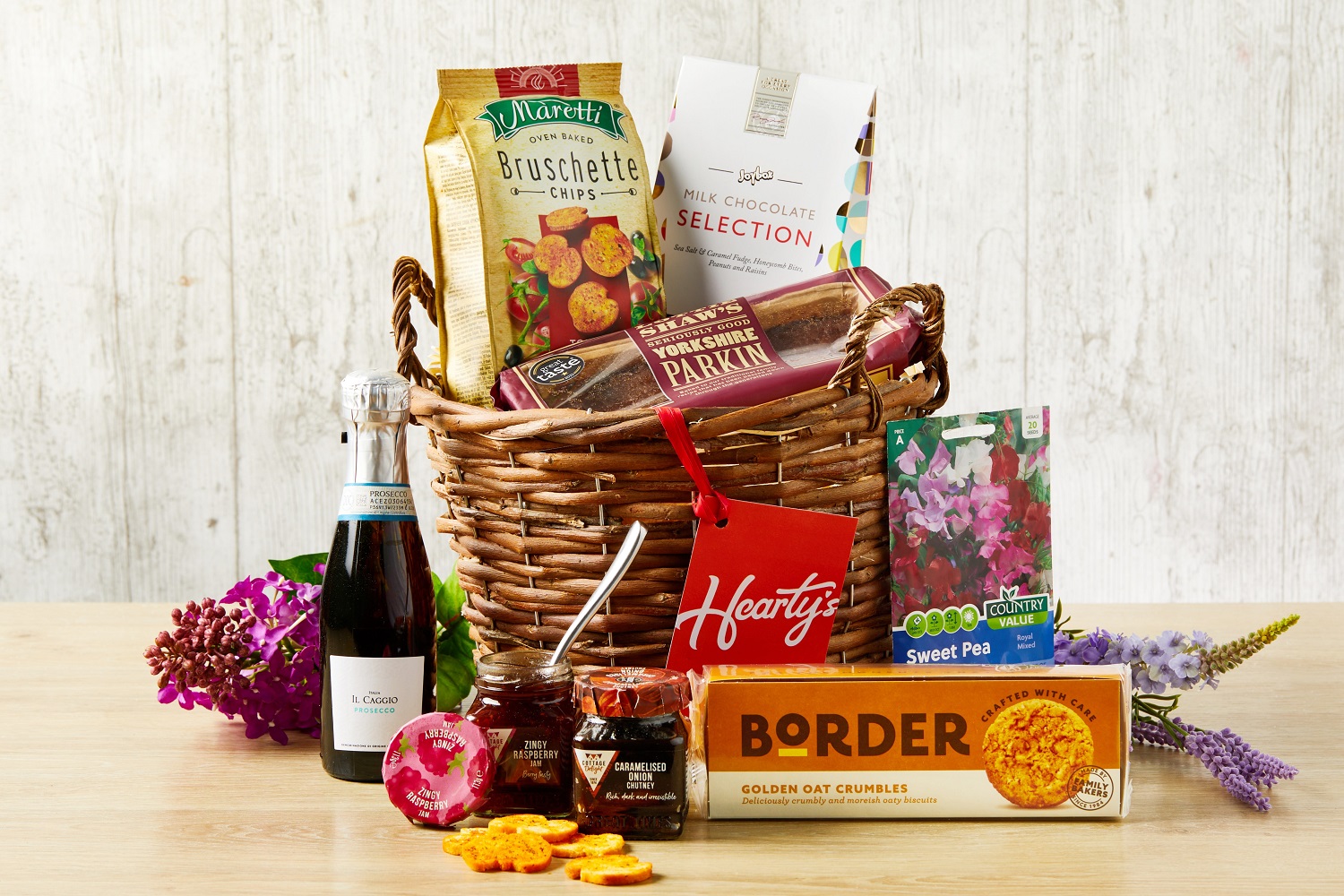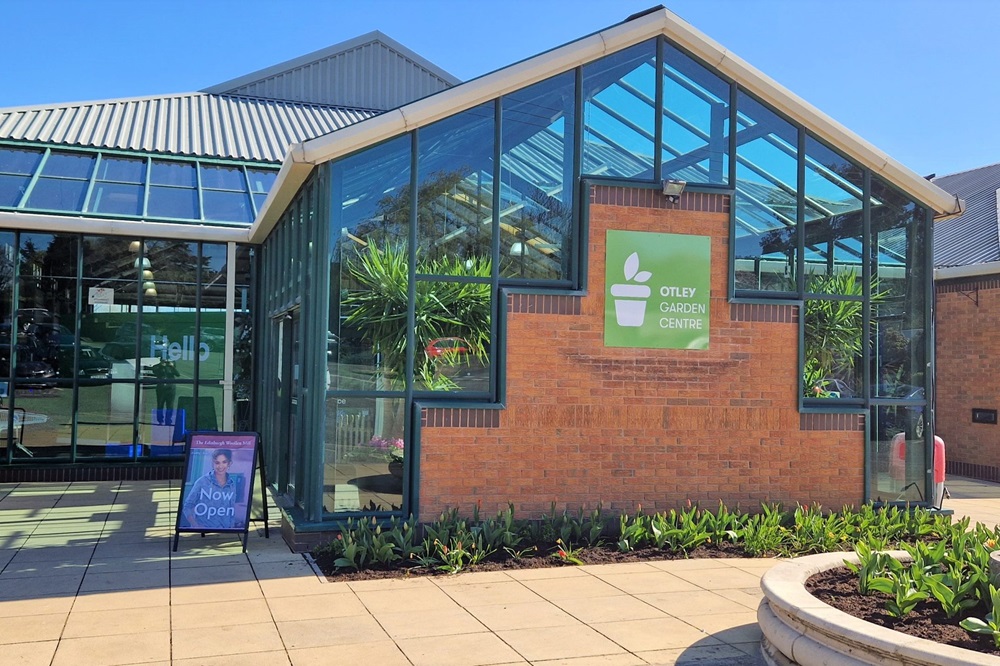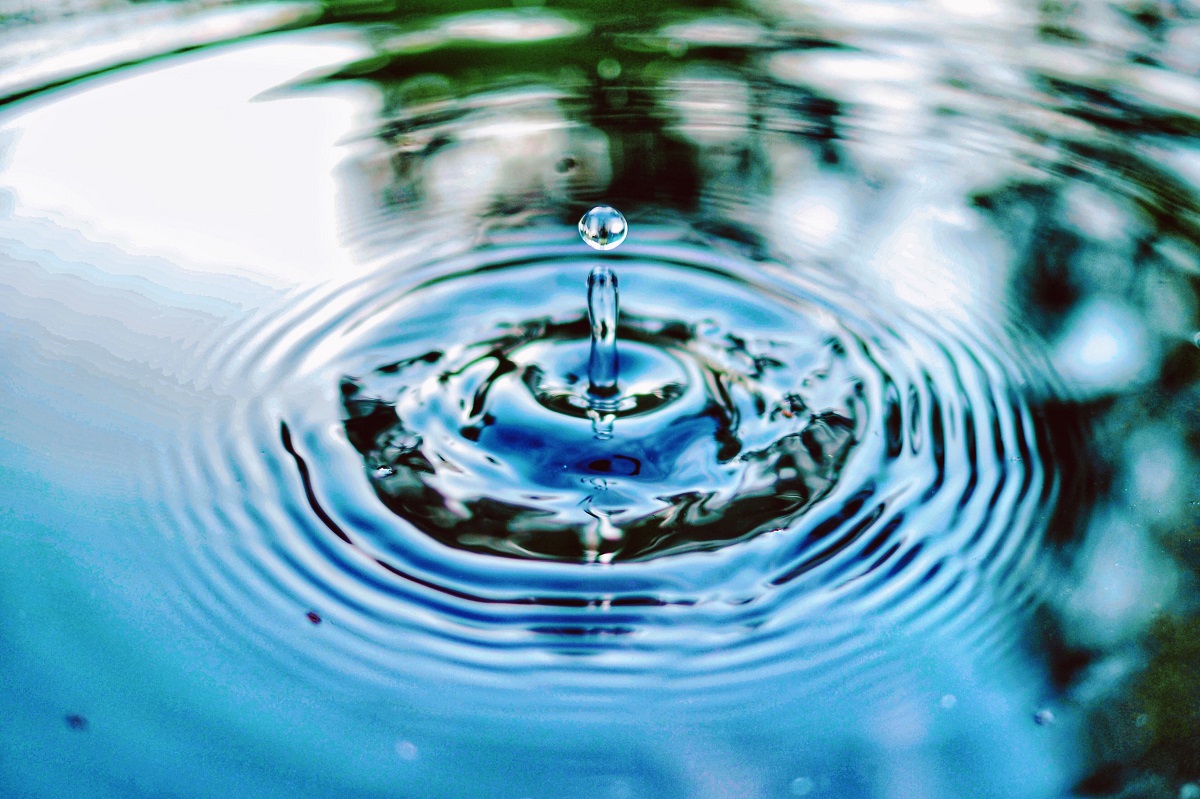
Our top tips to be water wise!
Whilst we love summer sunshine, the hot summer heat can be harsh on our gardens! There are lots of great ways to help your garden thrive whilst also using water wisely. Here are some of our top tips for conserving water this summer!
Drought Tolerant Plants
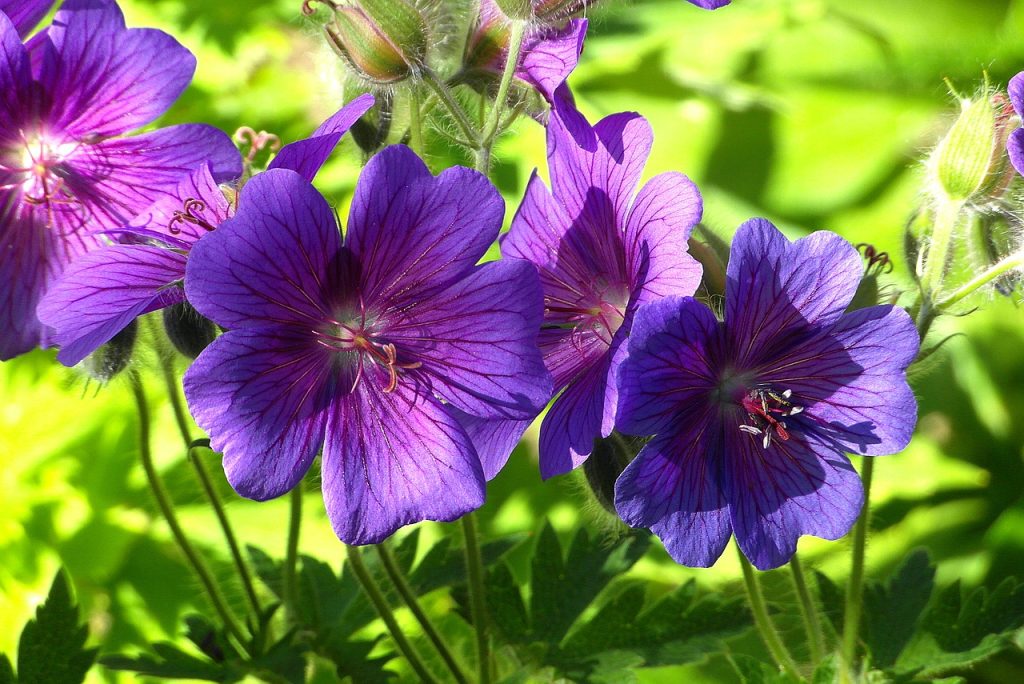
1. Plants that need less watering are often those that grow well in hot countries and so have evolved to grow well with limited water.
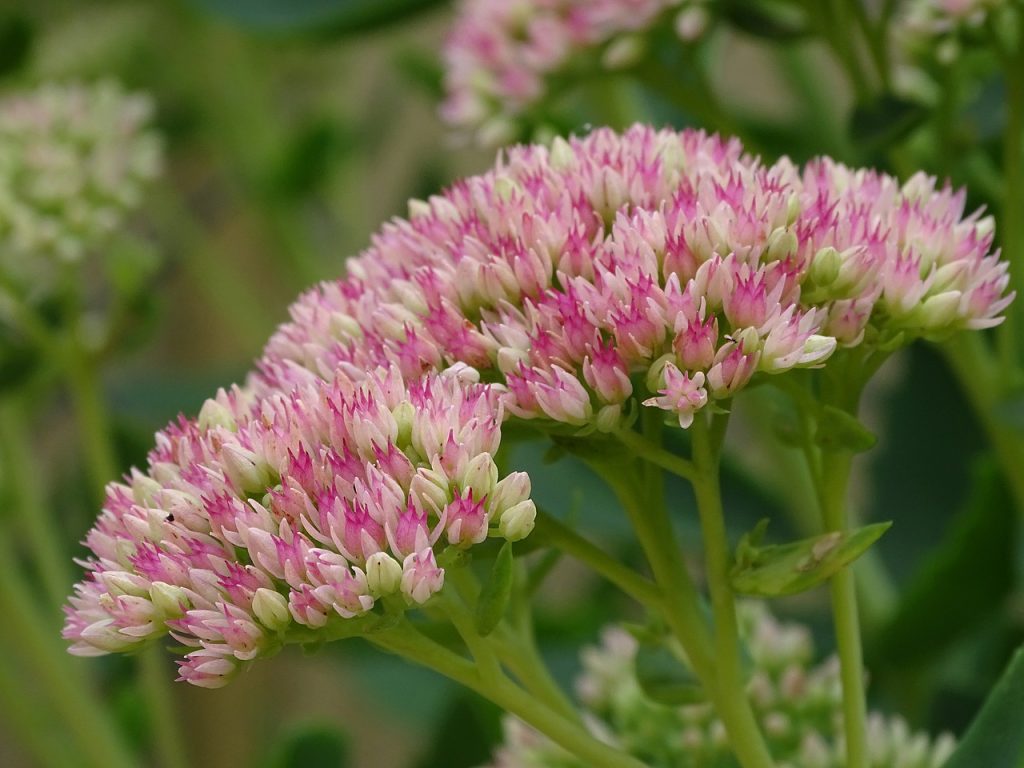
2. Succulents are firm favourites conserving water in their fleshy leaves and stems and so need less watering, even in the hottest summers. We love sedums, echevaria and sempervivums.
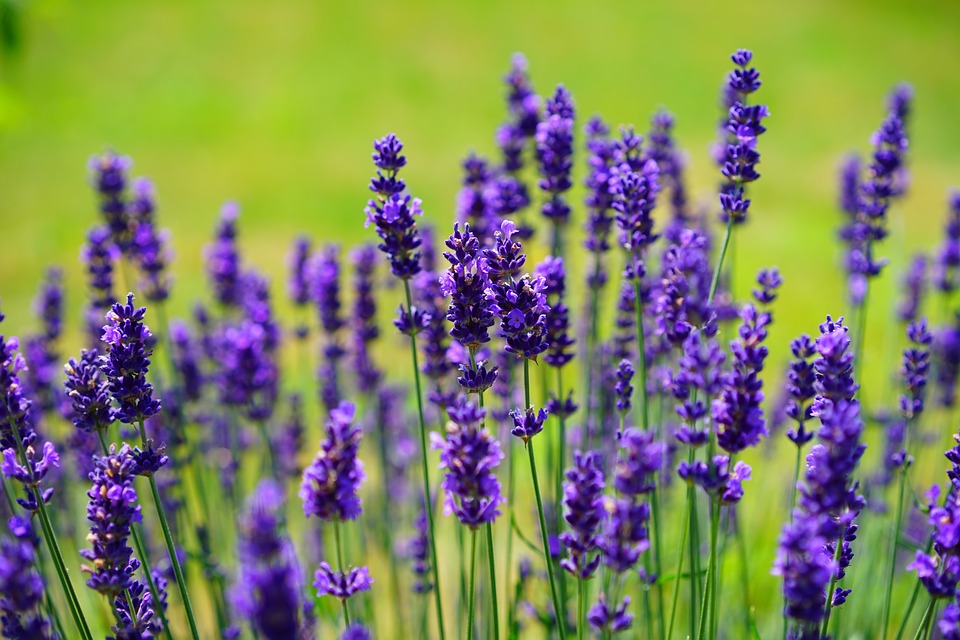
3. We really love Mediterranean plants and herbs such as lavender, thyme and rosemary that smell amazing as well as being drought tolerant.
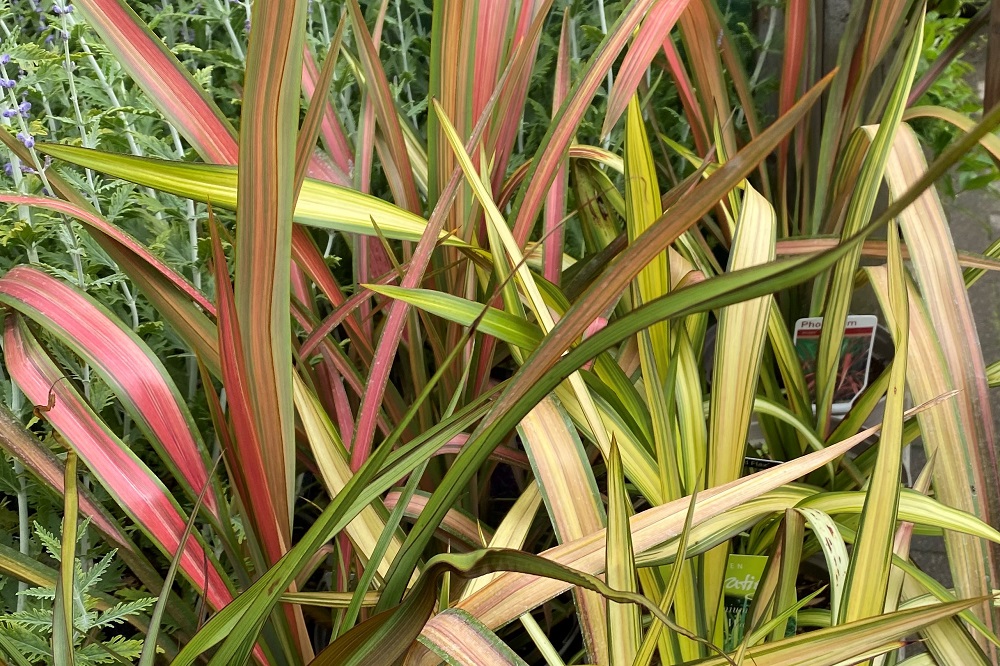
4. Grasses are a great addition to your garden; not only do they add structure and form but they often need less watering to thrive. The choice is extensive and our team love the many striking varieties of phormium and carex.
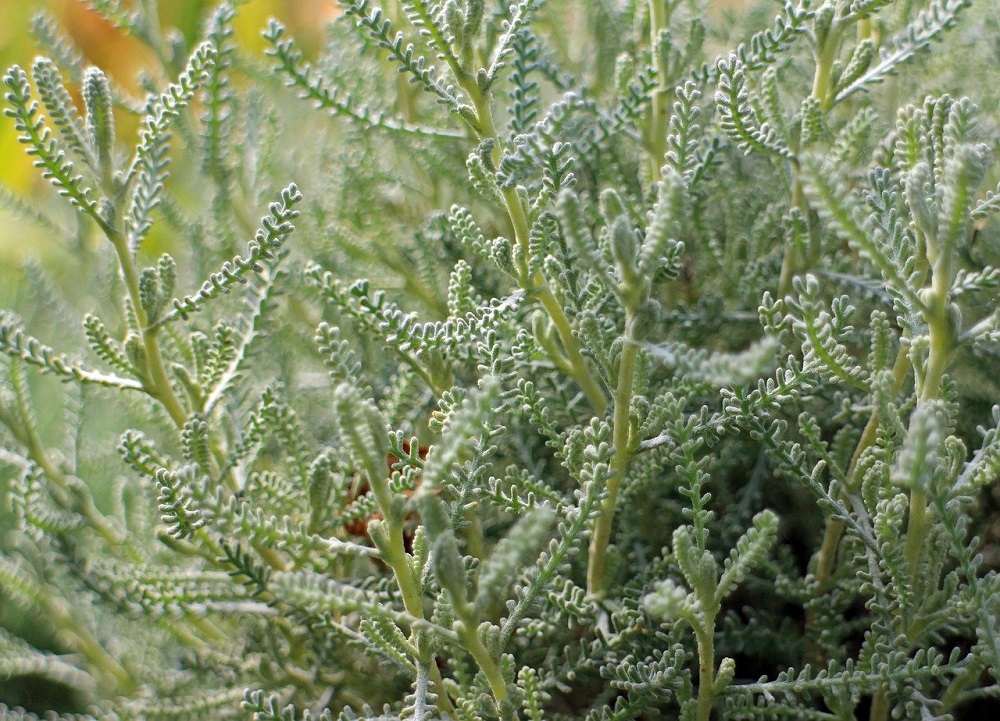
5. Did you know that the silver foliage on plants such as Perovskia, Santolina and Convulvulus reflects light and so they converse water.
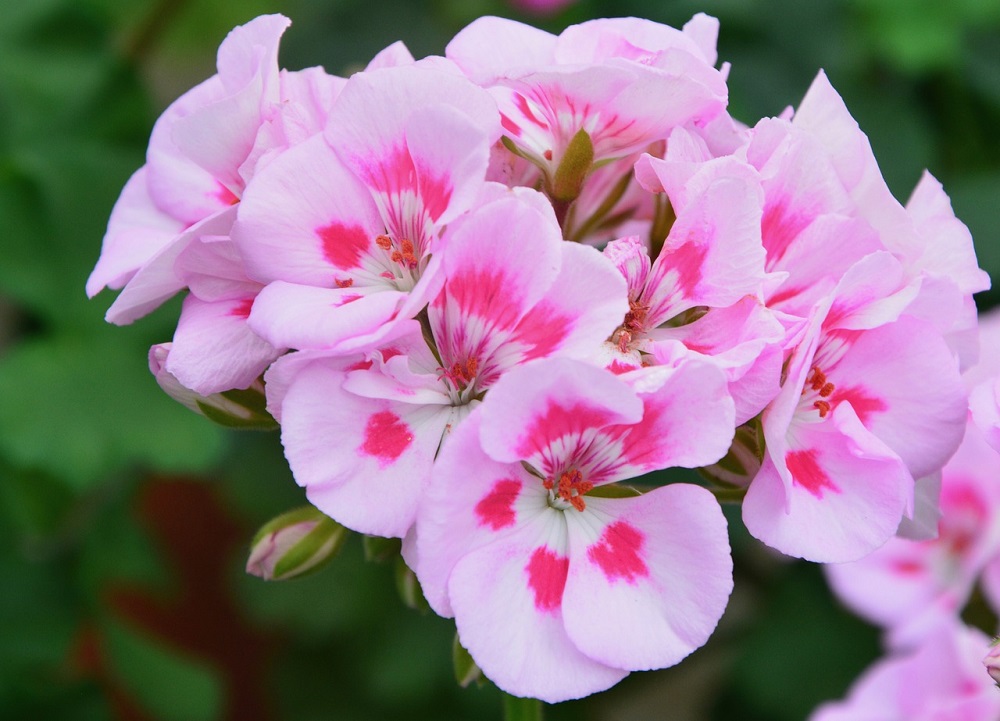
6. In summertime, choosing bedding geraniums will give you both water efficiency and that immediate pop of colour in the garden.
Houseplants
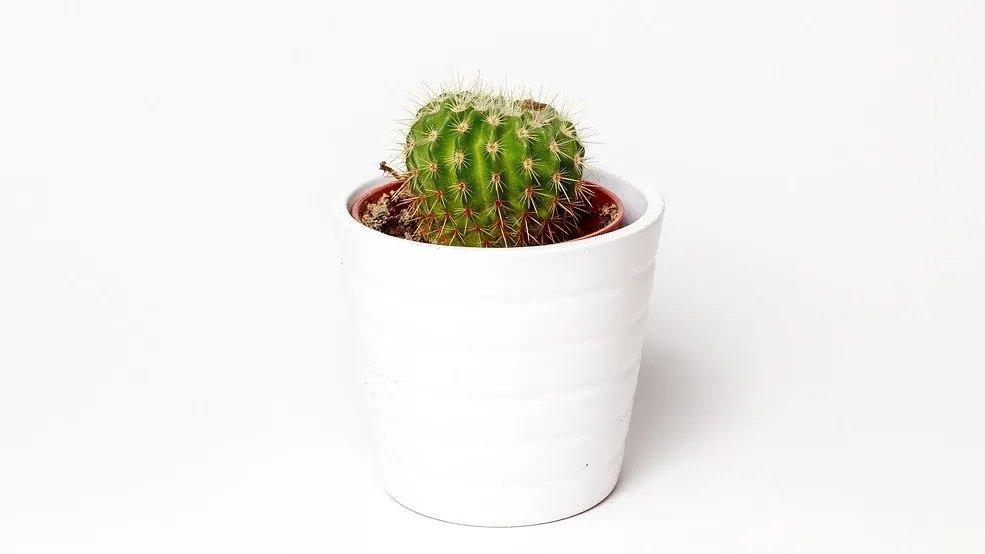
7. With the rise in popularity of houseplants, there’s also an increasing range of indoor plants that require little water. Many of these are classed as succulents such as crassula, echeveria and aloe vera as well as the classic cacti.
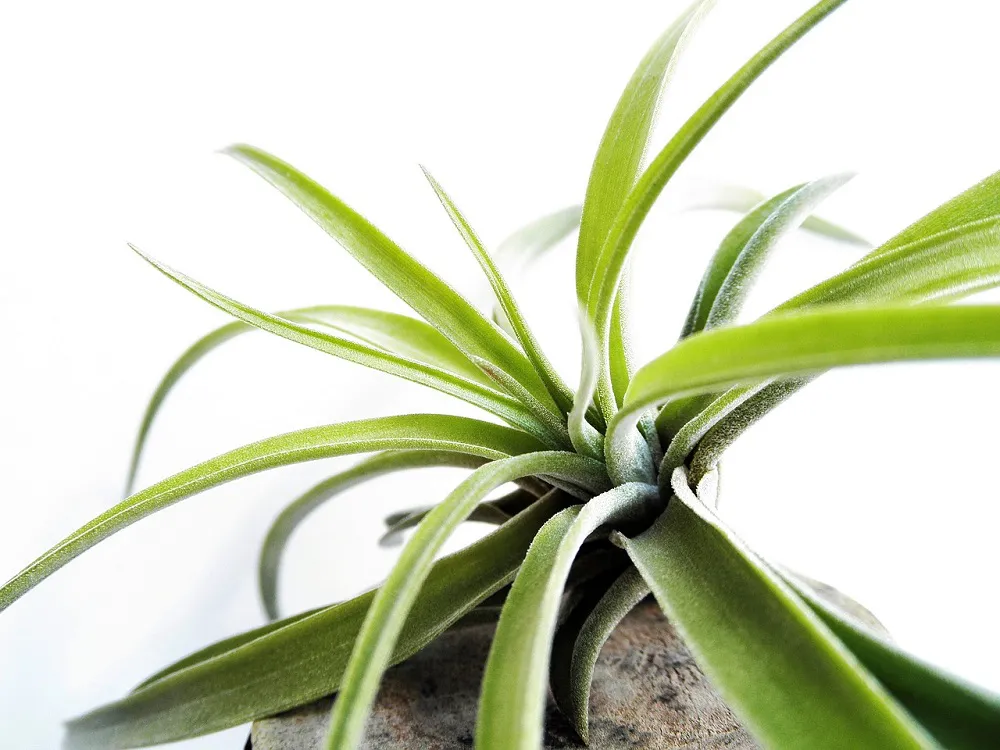
8. If you haven’t already heard about air plants or Tillandsias, then you’ll be amazed by these incredible plants that don’t require soil to grow. Instead they attach their short thin roots to bark or rocks. They thrive in a humid environment such as a bathroom. Find out more about these intriguing plants in our Houseplant department!
Gardening Tips
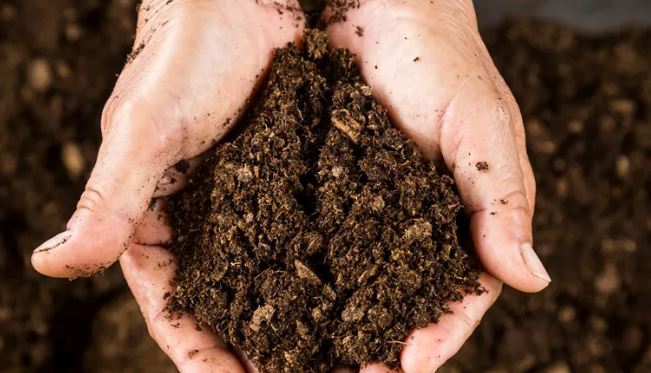
9. Adding organic matter to your garden will really help with water conservation. Organic matter such as compost or farmyard manure improves the structure of your soil and retains many times its own weight in water thus reducing the frequency of watering.
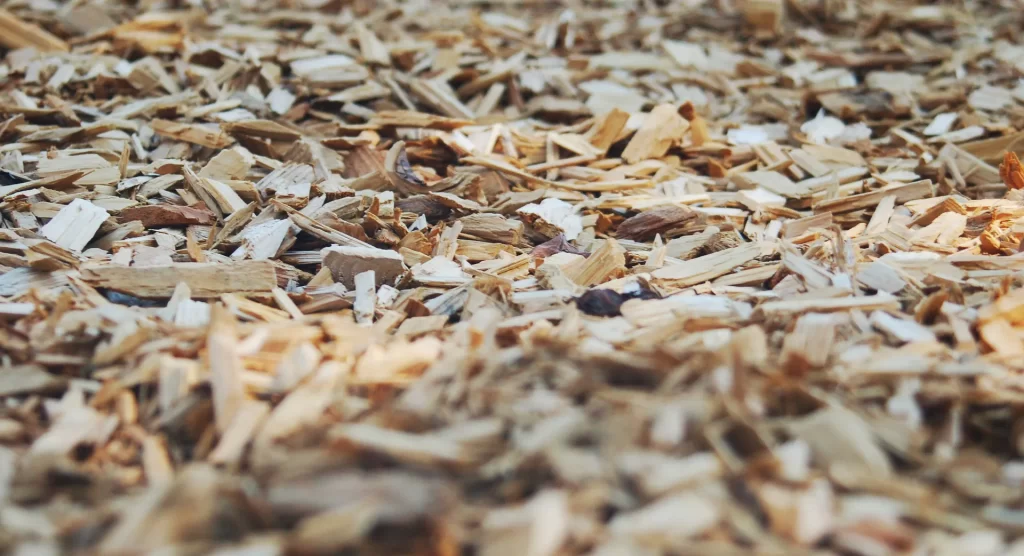
10. Add mulch or bark to your borders to prevent water loss through evaporation. This works well in large borders and beds and will also help prevent weeds and keep slugs and snails at bay.
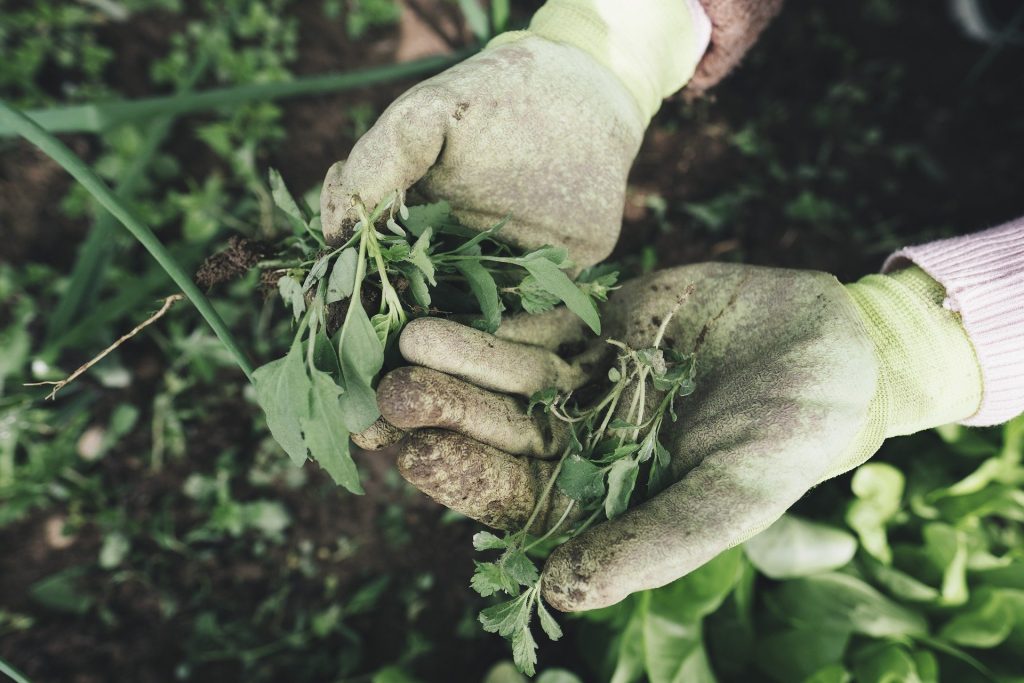
11. Hand pull weeds as opposed to hoeing or digging as when you hoe or dig, it disturbs the soil structure and as a result it will need more water.
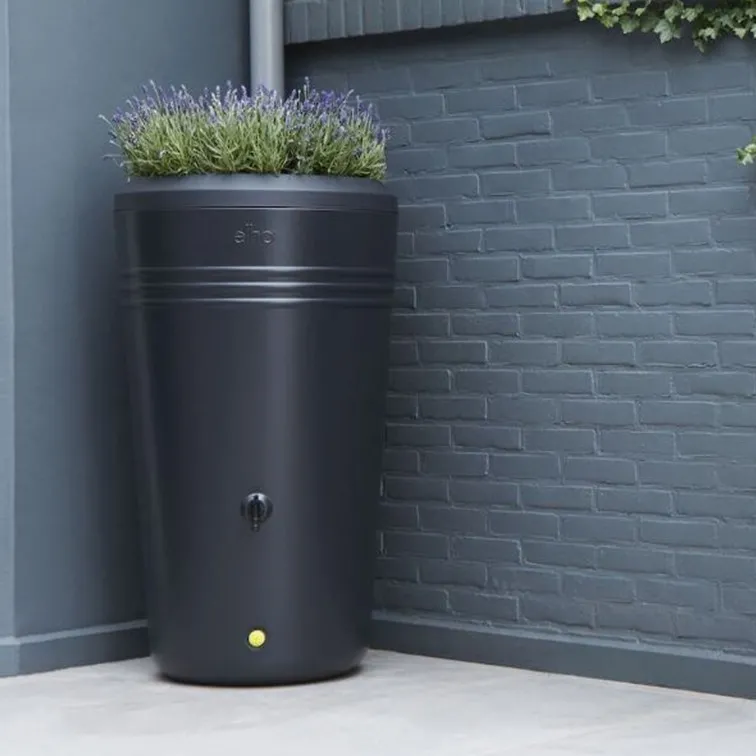
12. Collect rainwater in a water butt using a simple system that siphons rainwater from your drainpipes. You can then reuse the water for your garden.
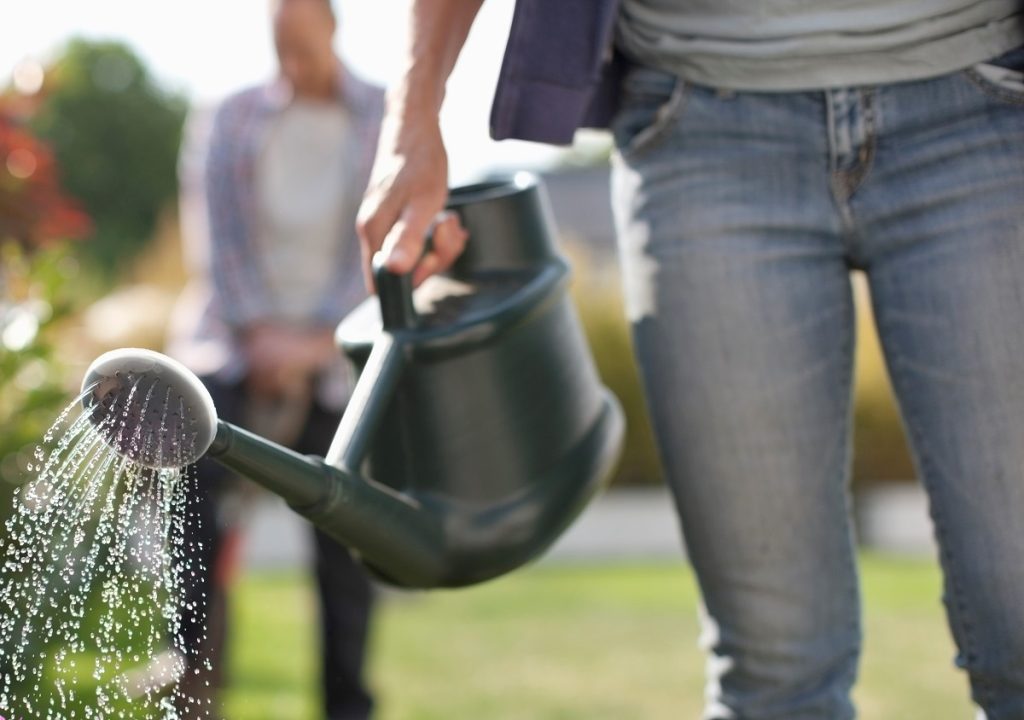
13. Old water, known as ‘grey’ water, is water from baths, showers and washing up that can be used a second time to water your garden. Avoid water containing bleach, disinfectants or stronger cleaners as they could damage plants.
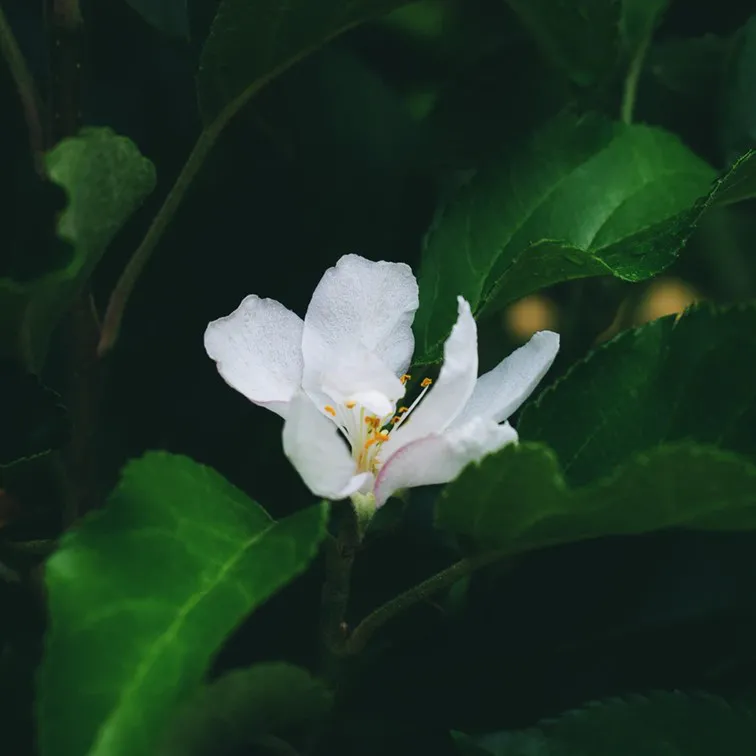
14. Choosing the right time to water makes a difference. Either early in the morning, or late at night, when it’s cooler, is the best time. Also look for signs that your plants need water as opposed to just frequently watering.
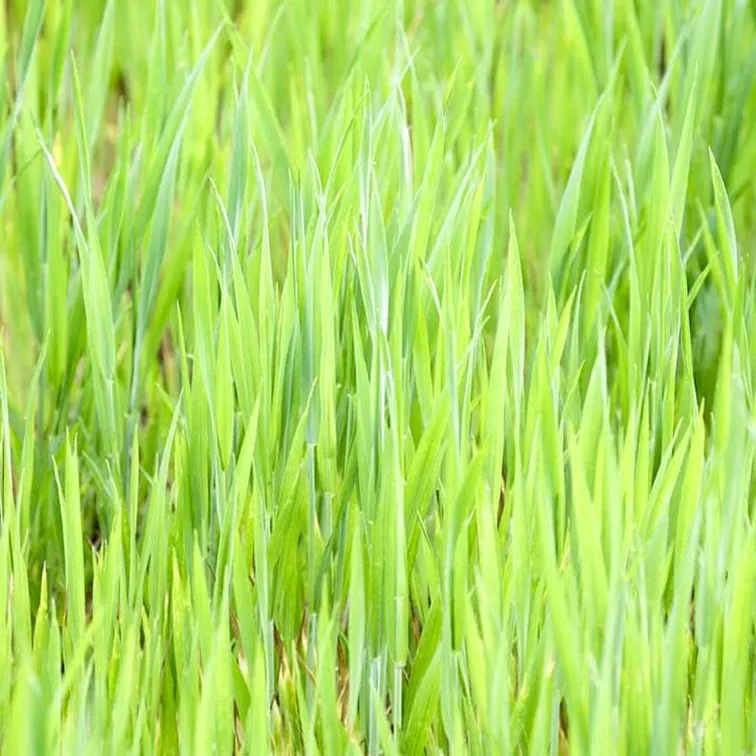
15. Try to resist watering your lawn. The grass may brown a little during prolonged spells of hot weather but it always recovers really quickly.
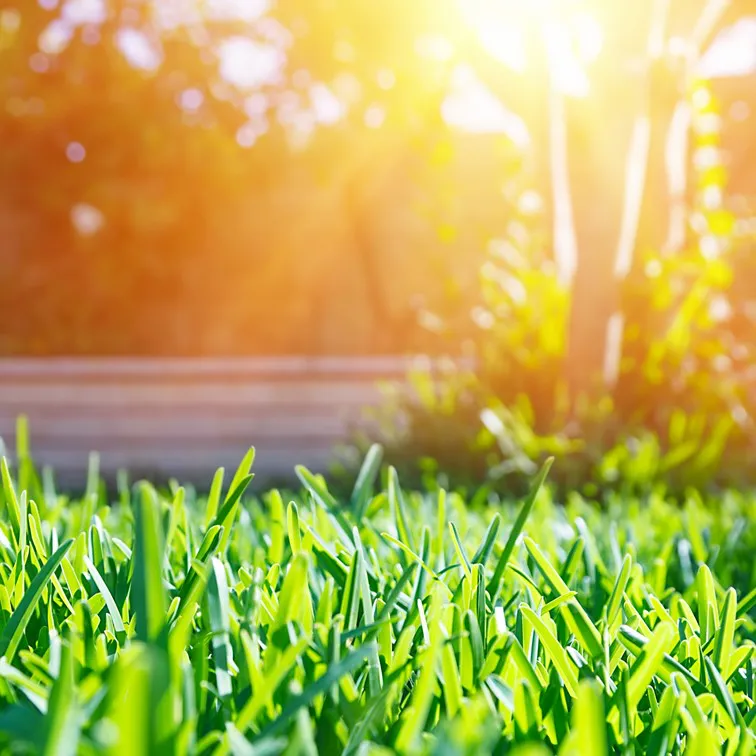
16. It may sound obvious, but check the weather forecast before watering as it may save you a job and naturally conserves water.



